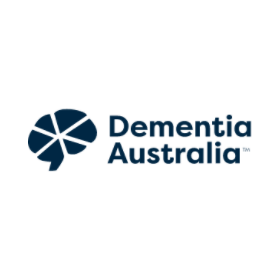
Up to 6, $15,000 Travel Grants for researchers to build networks with well-known research teams, learn new skills and present their work, nationally or internationally.
Online grant information sessions
Involving people with a living experience of dementia in your research
This webinar is designed to equip researchers with knowledge and practical tips about involving people with a living experience of dementia in their research and how to write about this in their grant applications. This year, there will be a focus on common areas for improvement based on feedback from Dementia Advocates who are involved in the review of grant applications each year.
When: Friday 14 June 2024, 1:30pm – 2:30pm (AEST)
For further information and to register your interest, click here.
Grant overview session
This webinar, presented by the Sydney Dementia Network, will provide an outline of the grants available in 2024 as well as insights and useful tips on preparing your grant application from reviewers, previous grant recipients and people with a living experience of dementia. A Q&A session with the audience will follow.
When: Friday 28 June 2024, 12:00pm – 2:00pm (AEST)
For further information and to register your interest, click here.
2024 Dementia Grants Program Key Dates
OPENS: Monday 3 June 2024, 9:00am AEST
CLOSES: Monday 29 July 2024, 5:00pm AEST
Outcomes announced: Early 2025
Funding commences: January – March 2025 or by arrangement
Visit funding web page
(https://www.dementia.org.au/research/dementia-australia-research-foundation-grants#further-information)
